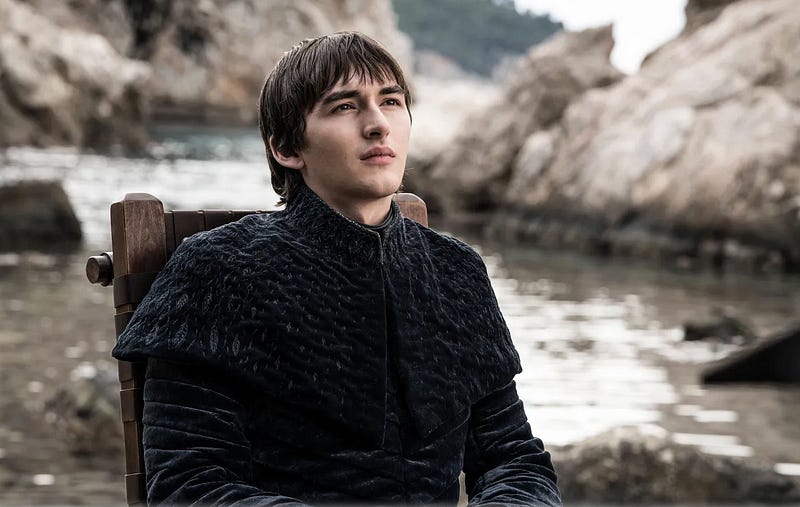How I Would Have Ended Game of Thrones Differently
It’s a high-order task, but I’m prepared to take it on

There are some tasks that should be left to the professionals. As much fun as it might be to yell at our flat screens when our favorite sports teams drop the ball, most of us still wouldn’t willingly line up on a football field as a stampede of 2…
Keep reading with a 7-day free trial
Subscribe to The Gen Z Report to keep reading this post and get 7 days of free access to the full post archives.

